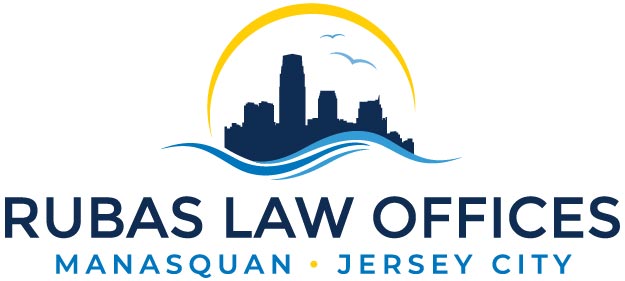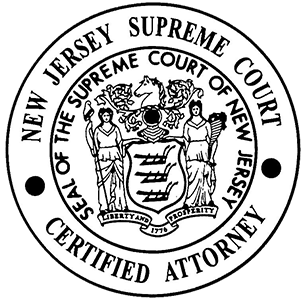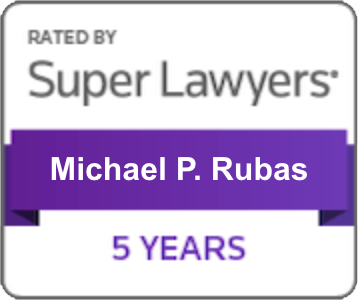Municipal Ordinance Violations Certified Criminal Trial Attorney
Municipal ordinances are the rules, regulations, or codes enacted into law by local governments to preserve order within the municipality. Municipal ordinance violations are actions that violate these rules. While municipal ordinances will differ on a town-by-town basis, they tend to be similar in nature. Below are a few common examples of municipal ordinance violations.
• Breach of Peace
• Consuming Alcohol in Public
• Public Intoxication
• Public Urination
• Refusing to pay a service provider, such as taxi driver
• Soliciting without proper permission or license
• Sleeping in Public Places
The Consequences of Municipal Ordinance Violations
A municipal ordinance is the lowest degree of offense that exists in New Jersey. The maximum fine for a municipal ordinance violation is $2,000 although most jurisdictions seek fines much lower. Notwithstanding, it is typical for jurisdictions such as Hoboken to seek fines in the maximum amount of $2,000 when ordinance violations arise from large events such as the Hoboken’s St. Patrick’s Day Parade. Shore towns in New Jersey can also seek maximums during the summer months as well.
Years of experience have taught Certified Trial Attorney Michael Rubas that every municipal ordinance violation case is fact sensitive and that a complete, well-planned defense is required. Rubas Law Offices explore every municipal ordinance violation case to identify any issues that can assist in defending and/or negotiating the best outcome for our clients.
Michael Rubas has a Monmouth County office in Manasquan that serves clients at the Jersey Shore including, but not limited to, the municipalities of Asbury Park, Belmar, Brielle, Manasquan, Neptune, Sea Girt, Spring Lake, and Wall as well as all Ocean County municipalities. The Jersey City office serves clients in all Northern New Jersey Municipal Courts.





